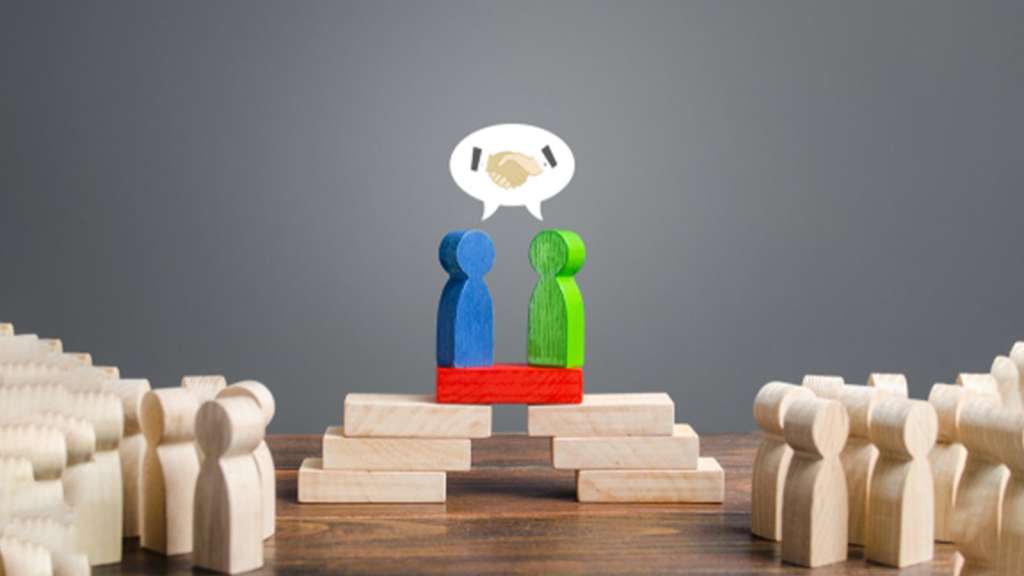Share This Article
Conflict is an inevitable part of human relationships. Disagreements can arise due to differences in opinions, values, and needs. However, the way we navigate and resolve conflicts plays a pivotal role in the health and longevity of our relationships. By employing effective strategies for healthy conflict resolution, we can transform conflicts into opportunities for growth, understanding, and strengthened connections. Let’s explore some valuable strategies for navigating conflict resolution.
- Active Listening: The foundation of effective conflict resolution is active listening. When engaging in a disagreement, it’s crucial to give your full attention to the other person, seeking to understand their perspective. Avoid interrupting and truly listen to their words, emotions, and concerns. By showing respect and empathy through active listening, you create a safe space for open dialogue.
- Use “I” Statements: When expressing your own perspective or frustrations, use “I” statements instead of “you” statements. For example, say, “I feel hurt when this happens,” rather than, “You always do this.” “I” statements promote personal accountability and express your emotions without assigning blame. This helps to keep the conversation constructive and focused on finding solutions.
- Practice Empathy: Empathy is a powerful tool in conflict resolution. Put yourself in the other person’s shoes and try to understand their feelings, needs, and underlying motivations. Cultivating empathy allows you to approach the conflict with compassion and a genuine desire to find common ground.
- Find Common Ground: Look for areas of agreement or shared goals within the conflict. Finding common ground helps to build rapport and establishes a foundation for collaboration. Focusing on shared interests can shift the conversation from an adversarial stance to a cooperative one, enabling the exploration of win-win solutions.
- Seek to Understand, Then Be Understood: Conflict resolution is a two-way street. After actively listening and empathizing with the other person, it’s important to express your perspective and needs. However, do so in a way that is respectful and non-confrontational. Clearly communicate your thoughts, emotions, and desired outcomes, allowing the other person to understand your point of view.
- Take Breaks when Needed: Sometimes, emotions can run high during conflicts, making it difficult to have a productive discussion. If the tension becomes overwhelming, it’s okay to take a break and revisit the conversation when you both feel calmer. Taking time to reflect and regain composure can help prevent further escalation and allow for a more productive resolution.
- Focus on Solutions, Not Winning: Conflict resolution should never be about “winning” or proving someone wrong. Instead, shift the focus towards finding solutions that meet the needs of all parties involved. Collaborative problem-solving allows for creativity, compromise, and the exploration of options that lead to mutually beneficial outcomes.
- Seek Mediation if Necessary: In more complex conflicts, seeking the help of a neutral third party, such as a mediator or counselor, can provide valuable support. Mediators facilitate open communication and help guide the conversation towards resolution, ensuring that all voices are heard and respected.
Remember, healthy conflict resolution is a skill that requires practice and a willingness to engage in open and honest dialogue. By actively listening, practicing empathy, seeking common ground, and focusing on collaborative solutions, we can transform conflicts into opportunities for growth and strengthened relationships. With these strategies in our toolkit, we can navigate disagreements with grace, understanding, and the potential for positive change.




